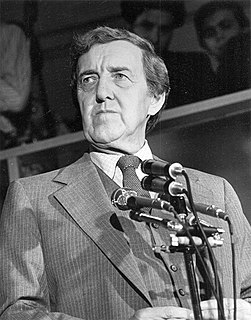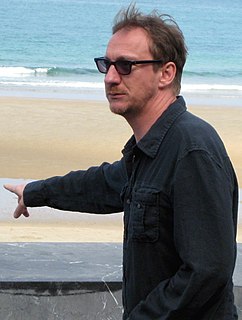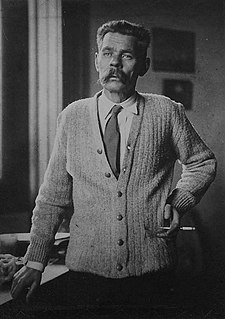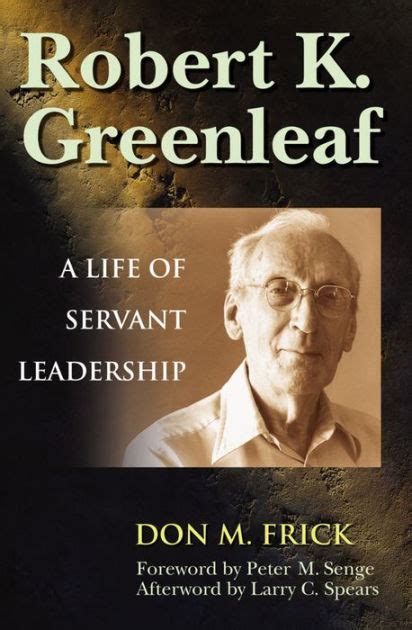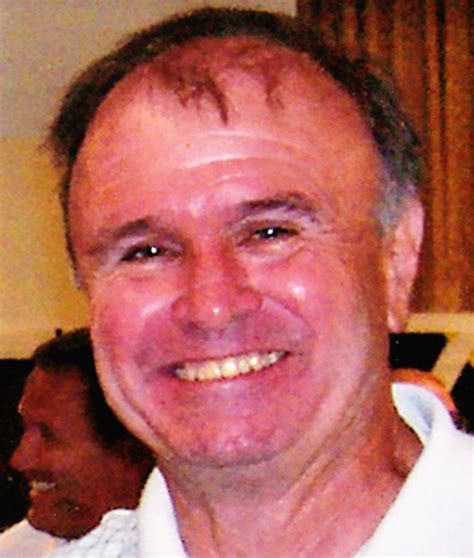A Quote by Tim Ward
Do not speak unless you can improve on silence, said a Buddhist sage.
Related Quotes
The beginning of prayer is silence. If we really want to pray we must first learn to listen, for in the silence of the heart God speaks. And to be able to see that silence, to be able to hear God we need a clean heart; for a clean heart can see God, can hear God, can listen to God; and then only from the fullness of our heart can we speak to God. But we cannot speak unless we have listened, unless we have made that connection with God in the silence of our heart.
I readily concede that a prime minister is not required to speak on every occasion or on every subject, but when there is a duty to speak, silence is unacceptable. Silence can be a strategy, silence can be a tactic, but silence can never be an answer to the ills of our polity and the fault lines of our society.
A seeker searched for years to know the secret of achievement and success in human life. One night in a dream a sage appeared bearing the answer to the secret. The sage said simply: "Stretch out your hand and reach what you can." "No, it can't be that simple," the seeker said. And the sage said softly, "You are right, it is something harder. It is this: Stretch out your hand and reach what you cannot." Now that's vision.
It is very hard to live with silence. The real silence is death and this is terrible. To approach this silence, it is necessary to journey to the desert. You do not go to the desert to find identity, but to loses it, to lose your personality, to be anonymous. You make yourself void. You become silence. You become more silent than the silence around you. And then something extraordinary happens: you hear silence speak.
One must not be afraid of a little silence. Some find silence awkward or oppressive. But a relaxed approach to dialogue will include the welcoming of some silence. It is often a devastating question to ask oneself, but it is sometimes important to ask it - 'In saying what I have in mind will I really improve on the silence?

